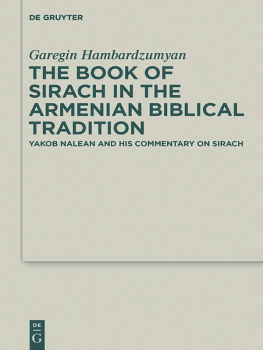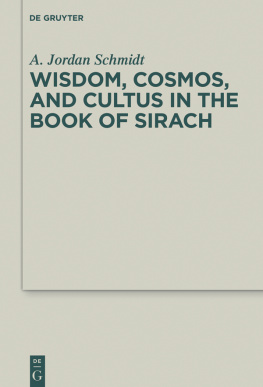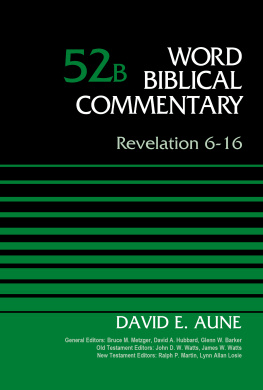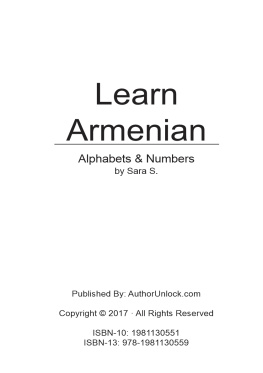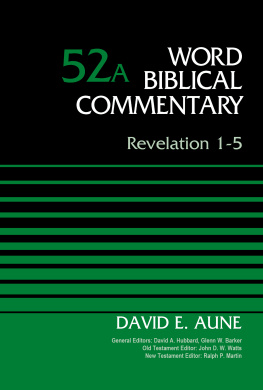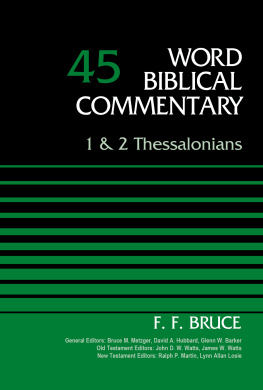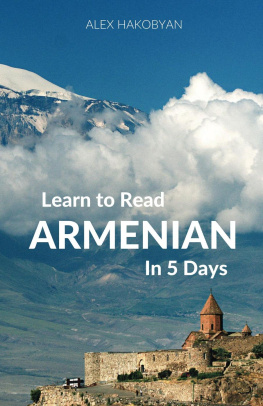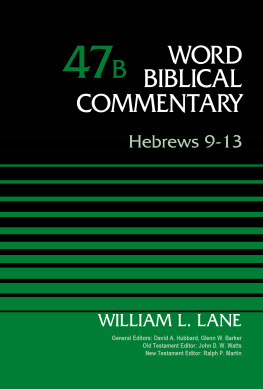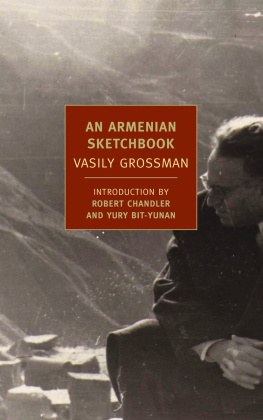Garegin Hambardzumyan - The Book of Sirach in the Armenian Biblical Tradition: Yakob Nalean and His Commentary on Sirach
Here you can read online Garegin Hambardzumyan - The Book of Sirach in the Armenian Biblical Tradition: Yakob Nalean and His Commentary on Sirach full text of the book (entire story) in english for free. Download pdf and epub, get meaning, cover and reviews about this ebook. year: 2016, publisher: De Gruyter, genre: Religion. Description of the work, (preface) as well as reviews are available. Best literature library LitArk.com created for fans of good reading and offers a wide selection of genres:
Romance novel
Science fiction
Adventure
Detective
Science
History
Home and family
Prose
Art
Politics
Computer
Non-fiction
Religion
Business
Children
Humor
Choose a favorite category and find really read worthwhile books. Enjoy immersion in the world of imagination, feel the emotions of the characters or learn something new for yourself, make an fascinating discovery.
- Book:The Book of Sirach in the Armenian Biblical Tradition: Yakob Nalean and His Commentary on Sirach
- Author:
- Publisher:De Gruyter
- Genre:
- Year:2016
- Rating:5 / 5
- Favourites:Add to favourites
- Your mark:
The Book of Sirach in the Armenian Biblical Tradition: Yakob Nalean and His Commentary on Sirach: summary, description and annotation
We offer to read an annotation, description, summary or preface (depends on what the author of the book "The Book of Sirach in the Armenian Biblical Tradition: Yakob Nalean and His Commentary on Sirach" wrote himself). If you haven't found the necessary information about the book — write in the comments, we will try to find it.
The extreme complexity of Sirachs text at times makes it almost impossible to come to one clear conclusion as regards certain issues. There are numerous differences between various translations of this deuterocanonical text. In addition, the Armenian translation, being a textual witness to not one but multiple parent texts, has its own complications.
This research provides a sustained theological reading of the Armenian text of Sirach on the basis of Yakob Naleans commentary written in the 18th century. At the same time it places a great emphasis on the textual evaluation of the various versions of Sirach in Armenian. In this respect an attempt has been made to display the unique features of the Armenian Sirach within the wider scope of the scholarship of this biblical text. Through a comprehensive linguistic and theological analysis of some major parts of Sirach in Armenian, this study assesses the extent to which this book was in use amongst Armenians throughout the centuries. In particular, the numerous references to Sirach in both Armenian and non-Armenian patristic literature are examined, with the aim of dating the first translations into Armenian and tracing the development of the text in the Armenian medieval schools.
Garegin Hambardzumyan: author's other books
Who wrote The Book of Sirach in the Armenian Biblical Tradition: Yakob Nalean and His Commentary on Sirach? Find out the surname, the name of the author of the book and a list of all author's works by series.

